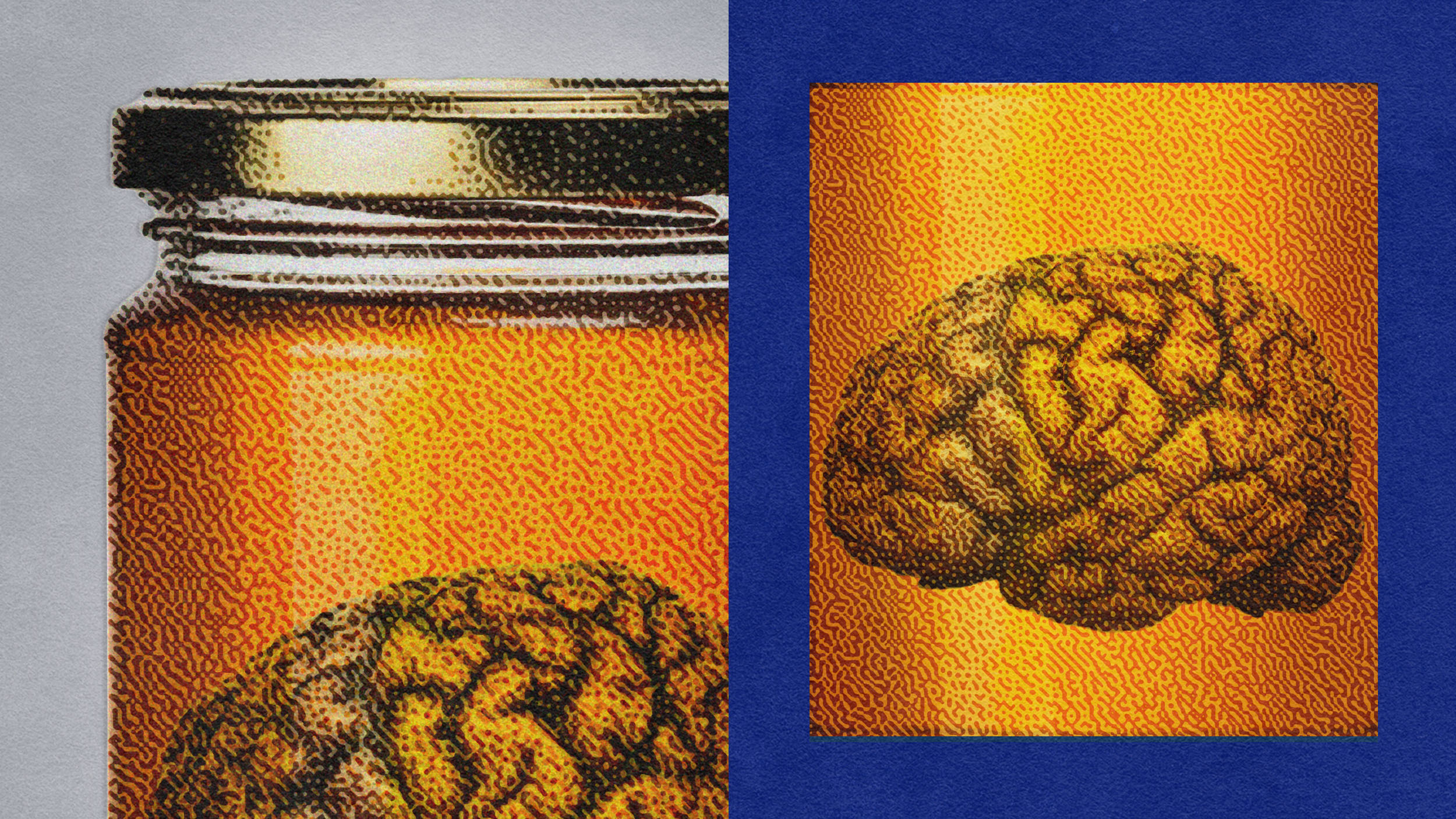Author and neuroscience journalist Maia Szalavitz says that your brain doesn’t necessarily choose to become addicted to gambling. Rather, it just really wants to figure out a pattern. This ‘want’ doesn’t need any foreign chemicals in order to make it work. In the mind of a serious gambler, their brain wants to find order in the game’s structure so bad that it will keep the person playing, telling itself that it will figure it out and that it’s just one step away from becoming rich. This doesn’t happen to everyone — on the contrary, addictive gamblers are a small yet potent percentage of all gamblers — but their brains mimic that of a severe drug addict trying to get their next fix. Maia’s latest book is Unbroken Brain: A Revolutionary New Way of Understanding Addiction.
Maia Szalavitz: Addiction is: compulsive behavior despite negative consequences.
And it's really important to start by defining addiction because for a long time we really defined it very poorly.
We used to think that addiction was “needing a substance to function”.
And what that resulted in was that cocaine was “not addictive” because cocaine does not produce physical withdrawal that is noticeable. You may be cranky and irritable and crave cocaine, but you won't be puking and shaking and have the classic symptoms that you would see with alcohol or heroin withdrawal. So cocaine wasn't addictive.
Then crack came, and we realized that defining addiction in that way not only harms people by telling them that cocaine is not addictive, it also harmed pain patients because people who take opioids daily for pain will develop physical dependence, but they are not addicted unless they have compulsive behavior despite negative consequences.
To me, non-drug addictions are really, really interesting because some people have argued that drugs are addictive because they change the brain and that addiction results from unique pathology related to the particular chemicals of the drugs.
It is certainly the case that the chemistry matters, but addiction can occur completely without any external chemicals.
And the reason that that happens is that addiction is not simply exposure to a substance, addiction is a pattern of behavior, and certain patterns of experience are inherently addictive.
And gambling is a good example of this because what gambling does is it gives you intermittent reinforcement. And so every unpredictable amount of times, you win.
And this is a puzzle to our pattern-seeking brains, and we keep thinking we're going to find a pattern and it's going to sort out and we're going to understand it, and we're going to get rich. Or we find that sort of the constant immersion in these ideas that allow you to escape: “Well I've got to do—this is going to soothe you and allow you to escape from your life,” and stuff like this.
I think gambling is also really interesting because we've had an enormous explosion in the availability of gambling, but we have not had an enormous explosion of gambling addictions. ‘
And again, this is because the population rate— there's only a certain percent of people who will be vulnerable.
Now, you can make more of those people by traumatizing them and taking away their economic ways of living, but you can't create them by providing more substances or more addictive opportunities.





